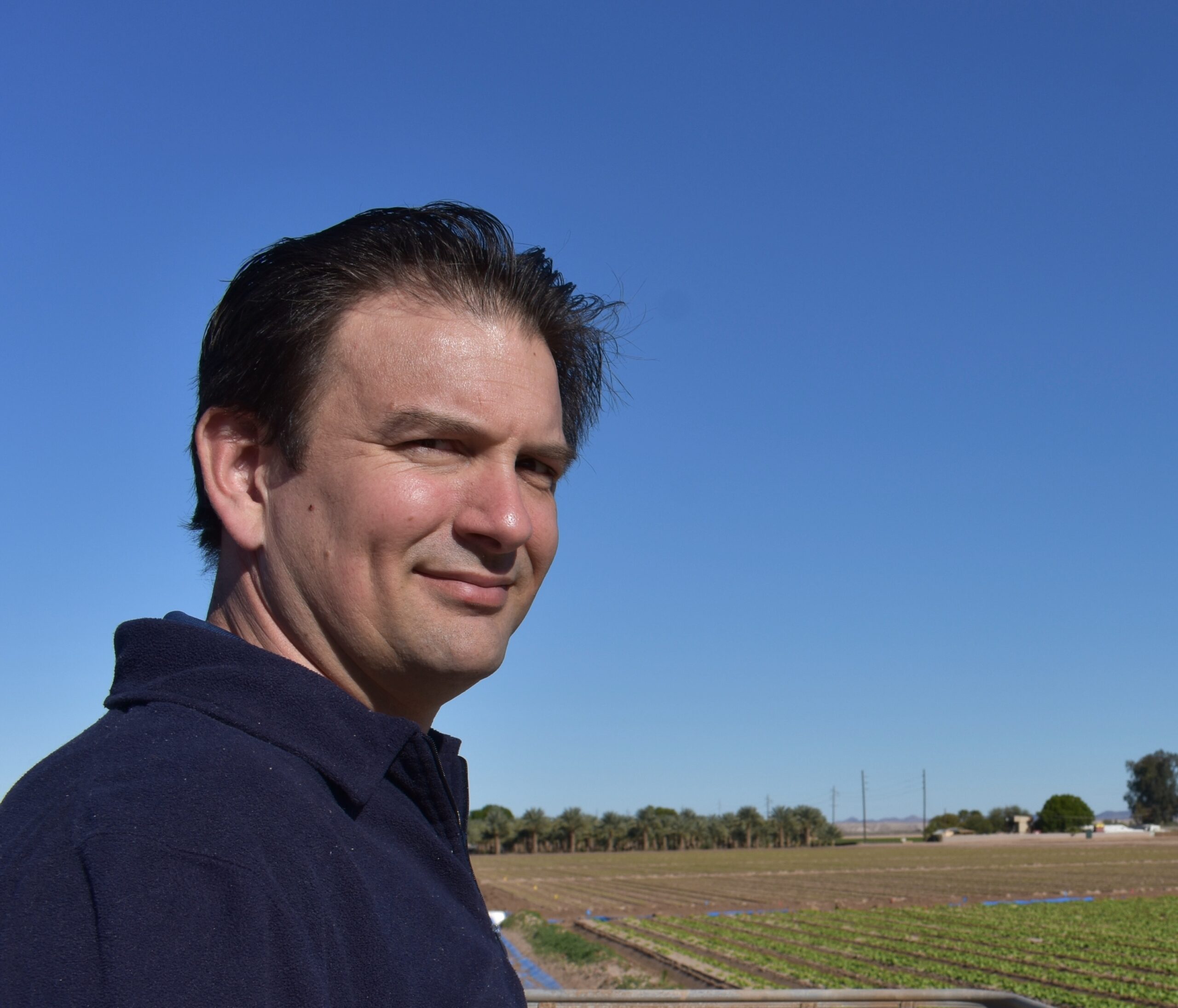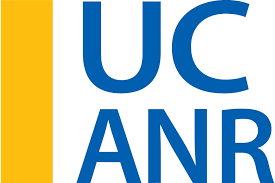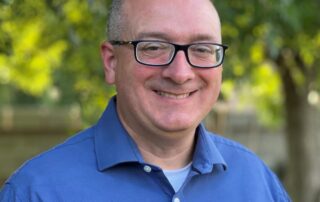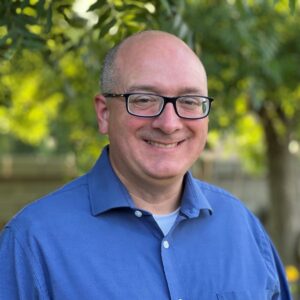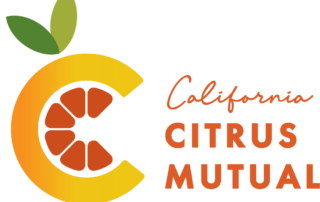Farm Bureau Research Foundation Backs Study on Wetlands, Grazing
Courtesy of Peter Hecht
California Bountiful Foundation, the 501(c)(3) research organization of California Farm Bureau, has awarded a $520,000 grant to support cattle grazing research being conducted by California Polytechnic State University, Humboldt.
The study, led by Dr. Justin Luong, a Humboldt professor of rangeland resource science, aims to determine if wetlands benefit from grazing activities. It will also evaluate their impacts and determine a set of best management practices for grazing on wetlands.
The grant funds were provided to California Bountiful Foundation by the California Department of Transportation as part of an agreement settling litigation involving the Willits Bypass project on U.S. Highway 101. Caltrans created an endowment through the National Fish & Wildlife Foundation for the Willits Bypass Mitigation Lands, the largest public wetlands restoration project in California.
The Cal Poly Humboldt study will investigate how rangeland agricultural practices affect wetland function.
“Our team is excited to combine field vegetation surveys and aerial imagery in collaboration with local and regional stakeholders to quantify the benefit and multi-use utility of rangeland management for biologically diverse wetland ecosystem plant communities and ecosystem services,” said Dr. Luong.
“Caltrans is pleased to be a partner in helping to fund this type of research and innovation” said Caltrans Branch Chief Jeff Swindle. “This research on wetlands possibly benefiting from grazing activities can have impacts on future management practices.”
The collaborative effort includes partnerships with Mendocino County Resource Conservation District and Mendocino County Farm Bureau.
“Mendocino County Farm Bureau’s position is that managed grazing can be compatible with wetlands,” said Devon Boer, the Farm Bureau’s executive director. “We are hopeful that this research will refute the belief that livestock cannot be part of an ecological solution.”
More information on this study can be found on the California Bountiful Foundation webpage here.
“We have not had a comprehensive research study to see firsthand what the benefits of grazing might have on specific lands,” said Dr. Amrith Gunasekara, director of Science and Research at California Bountiful Foundation. “This study is led by a fantastic team of research scientists and supported with critical partnerships.”
